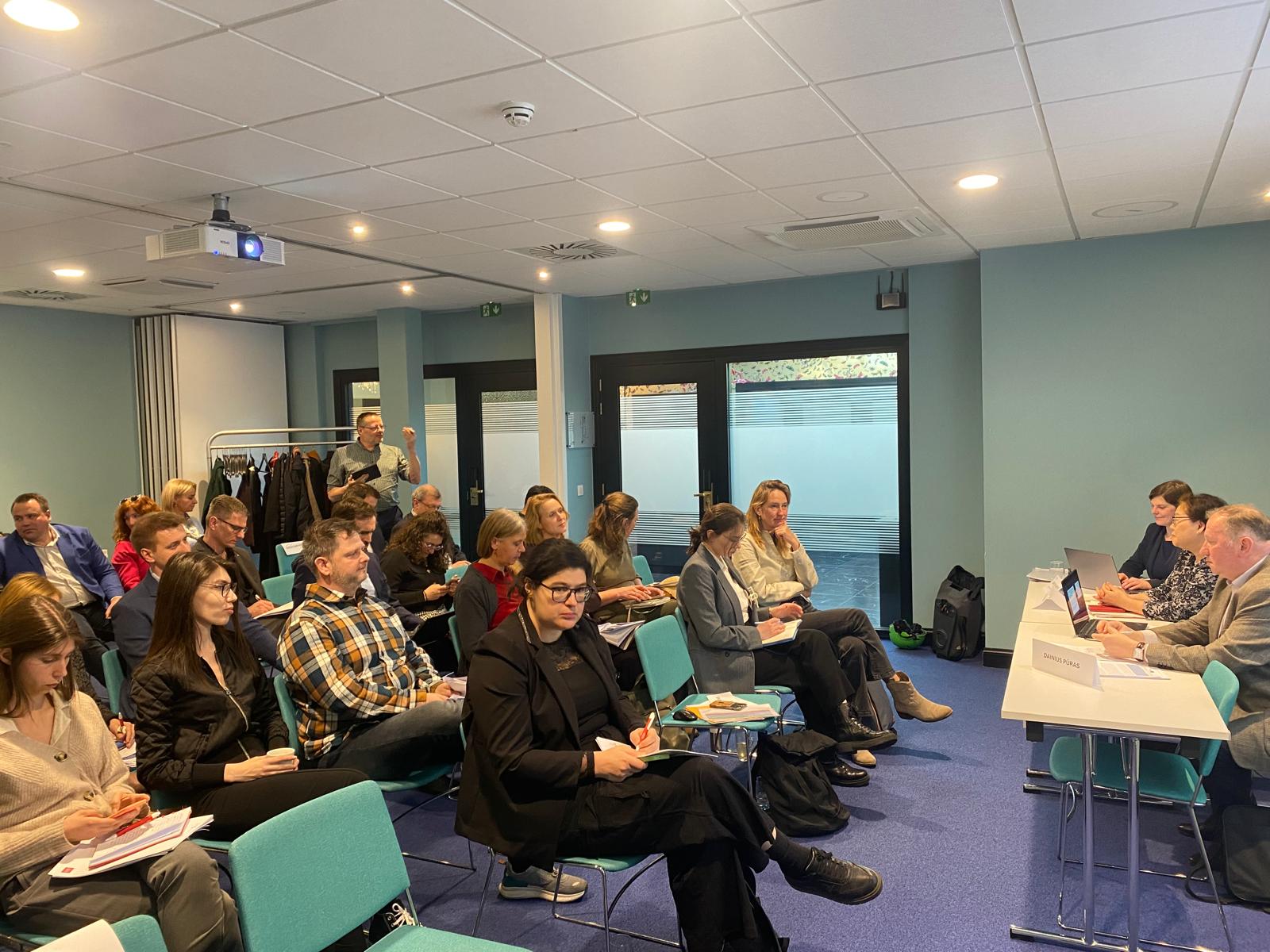On 18 and 19 March, the International Commission of Jurists (ICJ) and partners organized a transnational roundtable on Access to Justice for Children Accused and Suspect in Criminal Proceedings. The event brought together judges, lawyers, public prosecutors, law enforcement officials, social workers and probation officers – from Belgium, Bulgaria, the Czech Republic, the Netherlands, Poland, and Slovakia to discuss challenges in ensuring child-friendly justice systems across the EU.
The discussions focused on the implementation gap in Directive 2016/800, which sets out procedural safeguards for children suspected or accused of crimes.
“Children should be recognized as rights holders within the justice system, not merely as subjects of protection” said Mikiko Otani, ICJ Commissioner and member of the Executive Committee, and former Chair of the UN Committee on the Rights of the Child.
The shift from a protection-based model to a rights-based approach remains inconsistent across jurisdictions. Procedural rights are often reduced to formalities rather than meaningful safeguards.
One of the main concerns expressed was the disconnect between legal provisions and their practical application, as child procedural rights often become a box-ticking exercise rather than a meaningful safeguard. Another concern was the use of risk assessment tools, which, while seemingly neutral, may embed biases that disproportionately affect marginalized children.
The discussions also explored the right to health and the interplay between different approaches towards mental health and children in the justice system. Participants emphasized the importance of maintaining a clear human rights framework as a guiding compass, ensuring that fundamental principles are upheld.
Many children struggle to understand judicial processes due to complex legal language and a lack of child-friendly communication. Participants raised concerns, about the disconnect between procedural rights and their enforcement, and the overrepresentation of marginalized children in the justice system. The need for better cross-disciplinary training for legal professionals to ensure a holistic understanding of children’s rights was stressed.
On the second day, breakout sessions brought together lawyers, social workers, prosecutors, and judges to discuss their roles in ensuring access to justice for children. Key takeaways included the need for better practical training for lawyers, clearer procedural rights for prosecutors, and improved soft skills training for judges. The roundtable concluded with a call to action, urging the participants to serve as “Ambassadors of Change” in their respective systems.
The insights shared during the roundtable will inform follow-up workshops for each professional group and national seminars, where stakeholders will work towards concrete legal and procedural reforms.
Background
The Access to Justice for Children Accused and Suspect in Criminal Proceedings (ACCESS) project aims to foster EU-wide effective and non-discriminatory access to justice for children in criminal proceedings, and respect for children’s procedural rights amongst legal and other professionals. The ACCESS project is implemented by the ICJ in partnership with NJCM – the Dutch section of the International Com of Jurists, Forum for Human Rights in Czechia and Slovakia, Helsinki foundation for Human Rights in Poland, Bulgarian Helsinki Committee, Defence for children International – Belgium, with the support of ENNHRI – the European Network of National Human Rights Institutes.
Contact
Karolína Babická, ICJ Senior Legal Advisor, karolina.babicka@icj.org
Viktoryia Konashava, ICJ Legal Researcher, viktoryia.konashava@icj.org
Download
You can find the agenda here.





